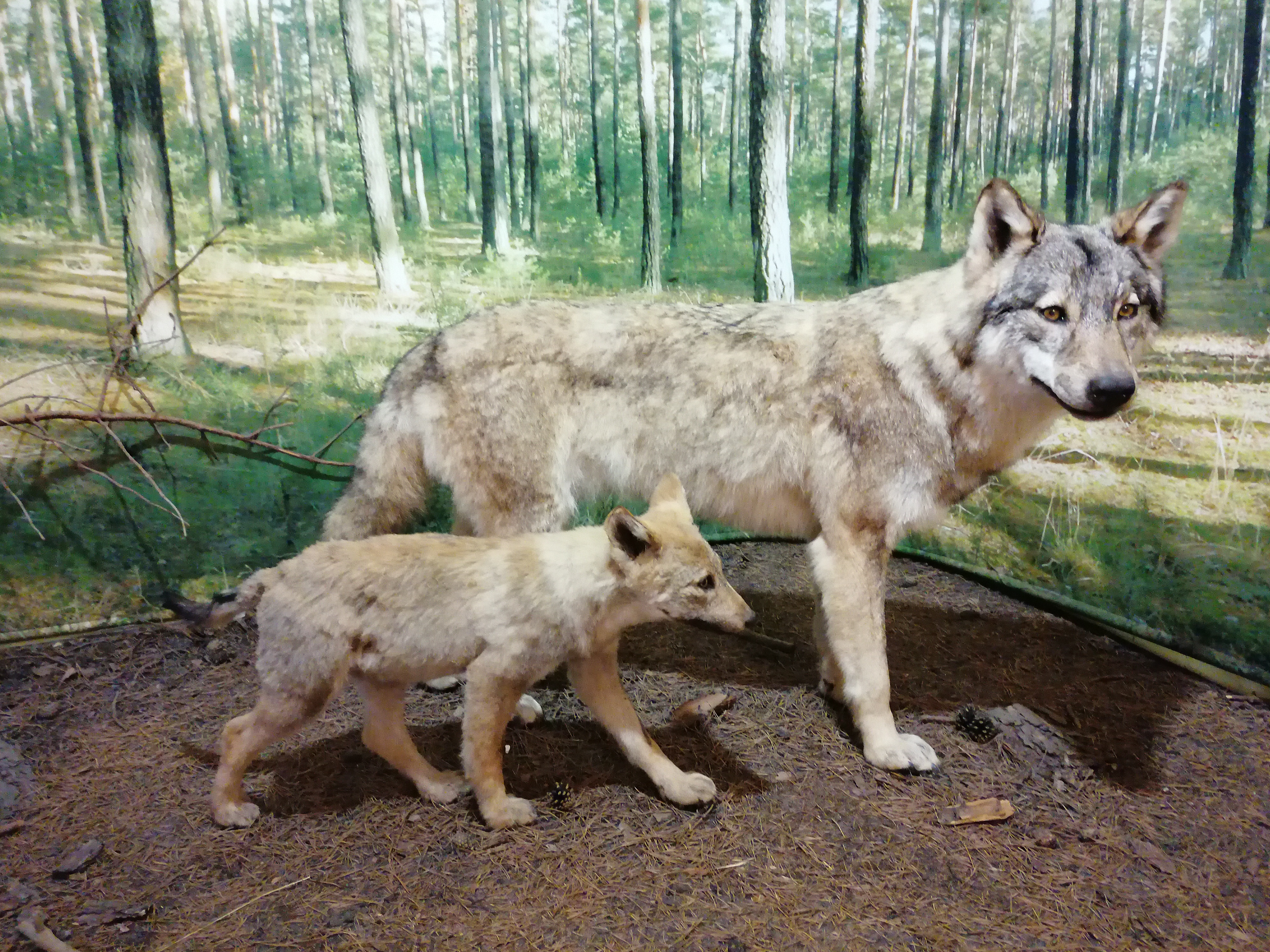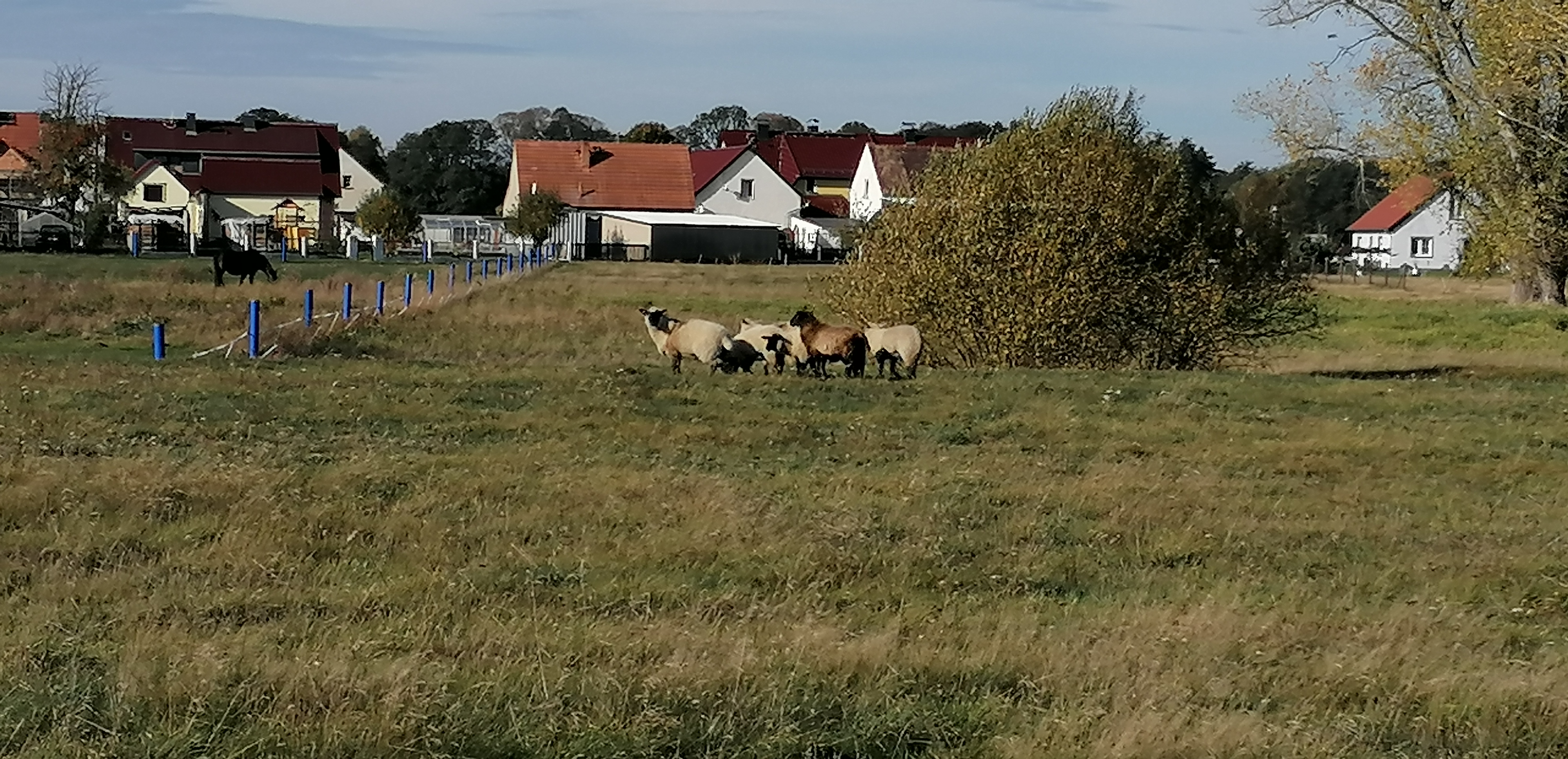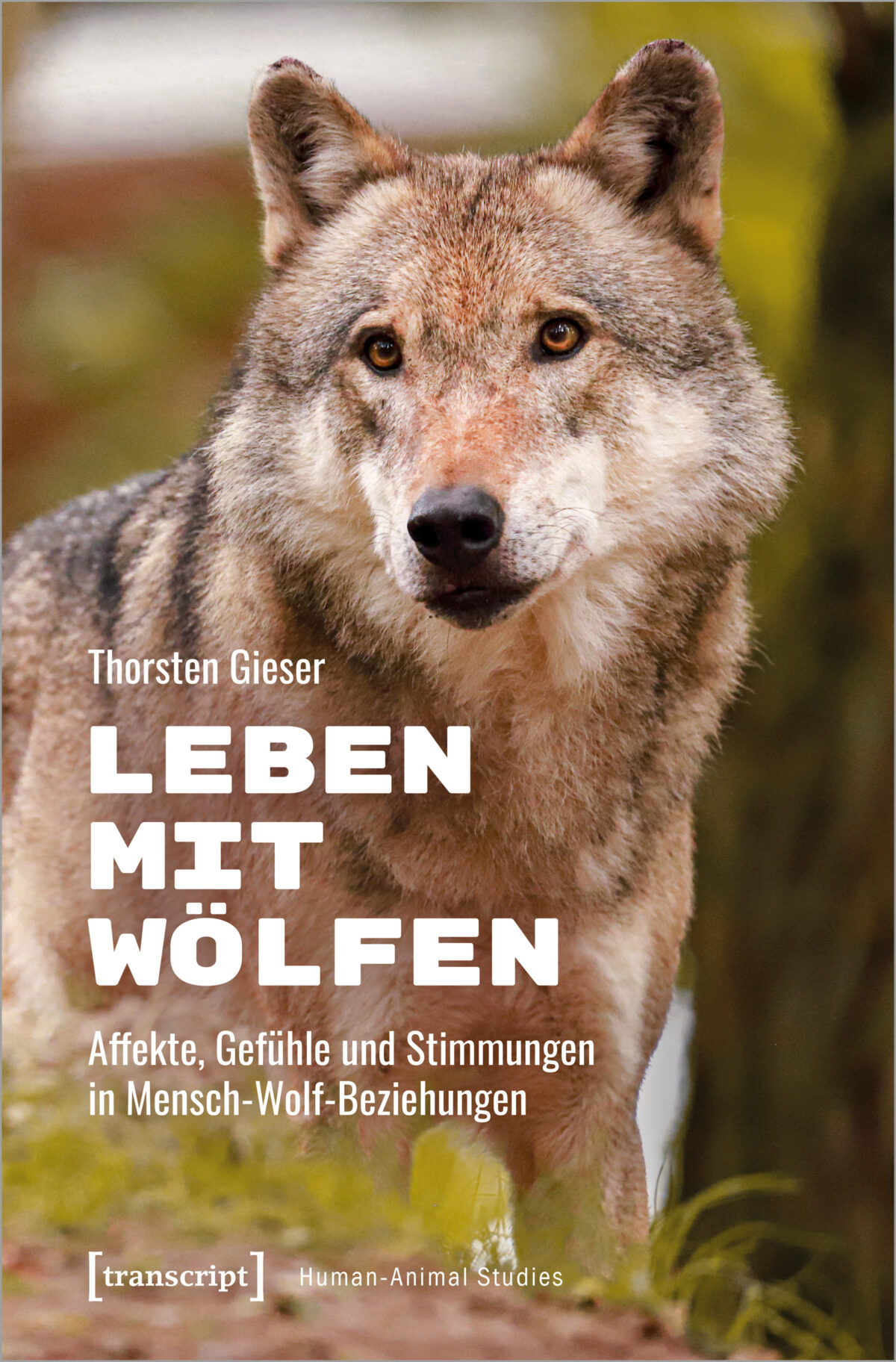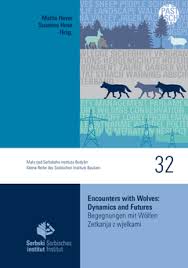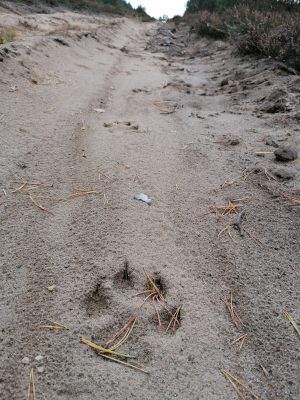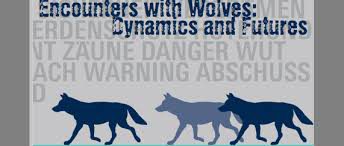Wolfsbegegnungen – eine Annäherung des Fremden. In: Uzarewicz, C., Gugutzer, R., Uzarewicz, M. & Latka, T. (Hrsg.) Berühren und berührt werden – Zur Phänomenologie der Nähe (Neue Phänomenologie 35). Nomos Verlag Aus der Einleitung: Im Folgenden soll es phänomenologisch gesehen zunächst einmal darum gehen, Wolfsbegegnungen zu beschreiben bzw. von meinen Forschungsteilnehmern und -teilnehmerinnen beschreiben zu…
Mensch-Wolf
In dieser Rubrik finden sich Beiträge über meine frühere Feldforschung über Mensch-Wolf-Konflikte in der Mongolei. Demnächst erscheinen hier auch Beiträge zu Mensch-Wolf-Beziehungen in Deutschland…
Publikation Wolves and ecology of fear
Wolves, ecologies of fear, and the affective challenges of coexistence Wolves and other large predators make their presence felt in the wider landscape. We investigate how to grasp this affective challenge to living in a multispecies world where coexistence never comes in ‘neutral’. Ein kurzer Essay im Journal Society & Space, mit meiner Kollegin Erica…
Publikation Leben mit Wölfen
Leben mit Wölfen Affekte, Gefühle und Stimmungen in Mensch-Wolf-Beziehungen Die Wölfe kehren zurück nach Deutschland – und mit ihnen auch die Konflikte zwischen Mensch und Wolf. Eine zentrale Rolle spielen dabei die Affekte, Atmosphären, Gefühle und Stimmungen, die ihre Rückkehr auslöst. Mit ethnografischen Mitteln untersucht Thorsten Gieser die komplexe Verflechtung von Natur und Gesellschaft im…
Publikation Beyond Natural Enemies: Wolves and Nomads in Mongolia
Eine Zusammenfassung meiner Magisterarbeit von 2004 an der Universität Heidelberg über Mensch-Wolf-Konflikte in der Mongolei. Als PDF zum runterladen: https://www.serbski-institut.de/de/Kleine-Reihe-32/
Neues Forschungsprojekt zur Rückkehr des Wolfs nach Deutschland
The Return of the Wolf to Germany: mapping extraordinary affective encounters gefördert von der Volkswagen-Stiftung im Rahmen der Initiative ‚Originalitätsverdacht? – Neue Optionen für die Geistes- und Kulturwissenschaften‘, Oktober 2019 – April 2021 Die Rückkehr der Wölfe nach Deutschland ist von hoher Emotionalität geprägt. Zugleich rufen immer wieder verschiedene Akteure (meist die Gegenseite) zu einer…
Encounters with wolves
Mein Tagungsbericht zu/my conference report of ENCOUNTERS WITH WOLVES: DYNAMICS AND FUTURES 27. bis 29. Juni 2018, Bautzen https://www.hsozkult.de/conferencereport/id/tagungsberichte-7849 This conference was initiated by MICHAELA FENSKE (Würzburg) and her team of the German Research Foundation project ‘The Return of Wolves: Cultural-anthropological studies dealing with the process of wolf management in the Federal Republic of Germany’.…
Wölfe in der Mongolei/Wolves in Mongolia (VI): wolves as neighbours
Even though the Tuva eagerly pointed out and stressed a lot of differences between themselves and wolves, I also discovered a sense of ’shared fate‘ regarding wolves. They recognize that wolves‘ seasonal activities, problems and needs are similar to their own and all other animals‘ in the region. Due to the harsh climatic circumstances, all…
Wölfe in der Mongolei/Wolves in Mongolia (V): wolves as wild animals
Most Tuva I met drew a clear line between wolves and human beings. Wolves are wild (mong. zerleg), they can do whatever they want and they live in the mountains far away from where humans live. The ‚otherness‘ which is expressed in these comments points to the wolf as the perhaps most typical representative of…
Wölfe in der Mongolei/Wolves in Mongolia (IV): wolves as dogs of heaven
After a consultation with the spirits of a local ovoo (sacred place), a shamaness told Cheme, one of Galtai’s brothers who accompanied us, to get a wolf’s knee joint which he should bind to his car keys. Cheme had had a serious accident some months before I arrived and he was nervous about driving. With…
Wölfe in der Mongolei/Wolves in Mongolia (III): Wolves as prey
Wolves as prey Wolves are regarded as special due to their double role of being both predator and prey. So while one part of the wolves‘ life is governed by their own hunting activities, the other part is governed by the continuous need to hide from humans. Accordingly, wolves are said to hide and sleep…
